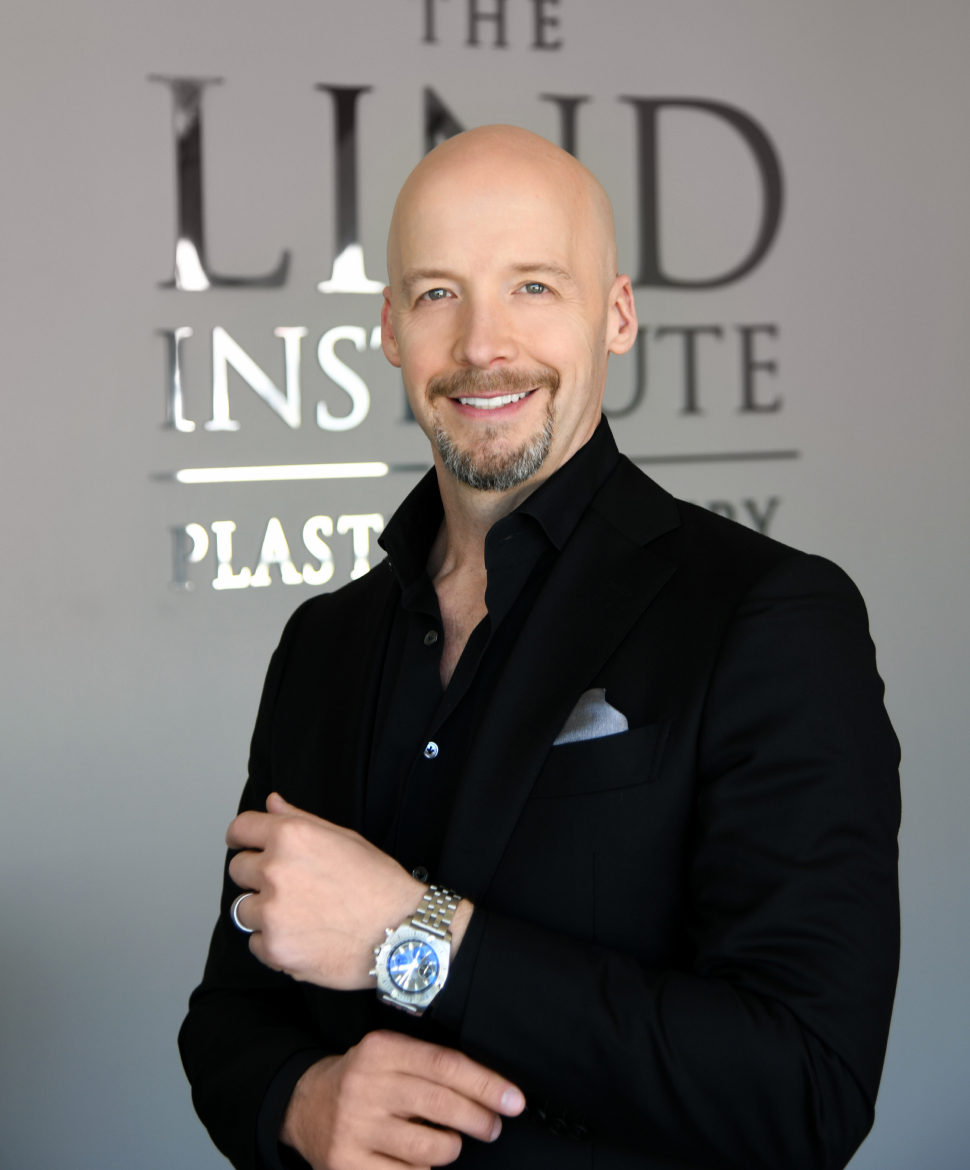What Is Capsular Contracture?
Capsular contracture occurs when scar tissue around a breast implant becomes excessively thick or tight, distorting the breast shape and sometimes causing discomfort or pain. Although it’s normal for the body to form scar tissue around any foreign object, too much tissue can affect the implant's position and feel.
Plastic surgeons often use the Baker scale to measure the severity of capsular contractures:
- Grade I: The breast is soft and appears natural.
- Grade II: The breast feels a bit firm but still looks normal.
- Grade III: The breast is firm and visibly misshapen.
- Grade IV: The breast is hard, painful, and clearly distorted.
While capsular contracture can happen at any point after breast augmentation, factors such as bleeding, bacterial contamination, or implant rupture can increase your risk. Modern implants are designed to be more durable, but it’s still possible for small tears or leaks to develop over time.






